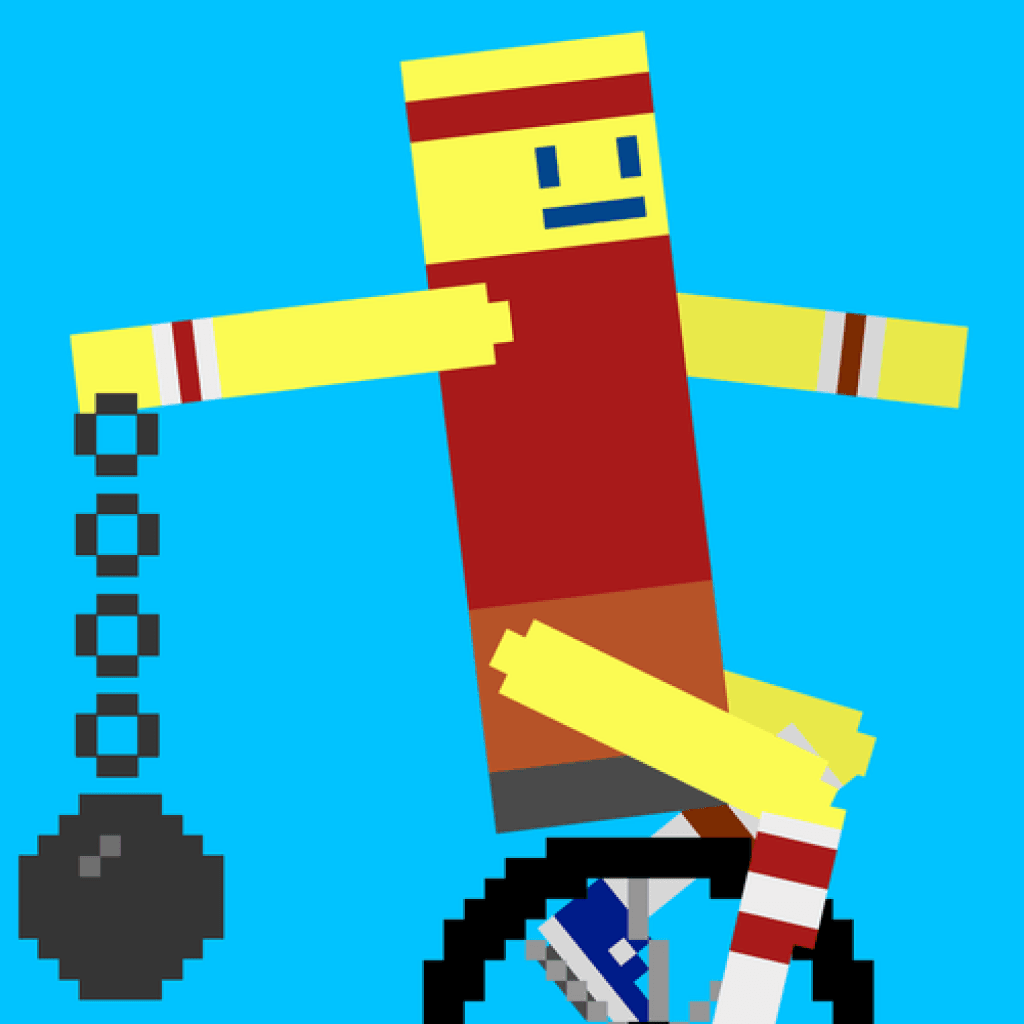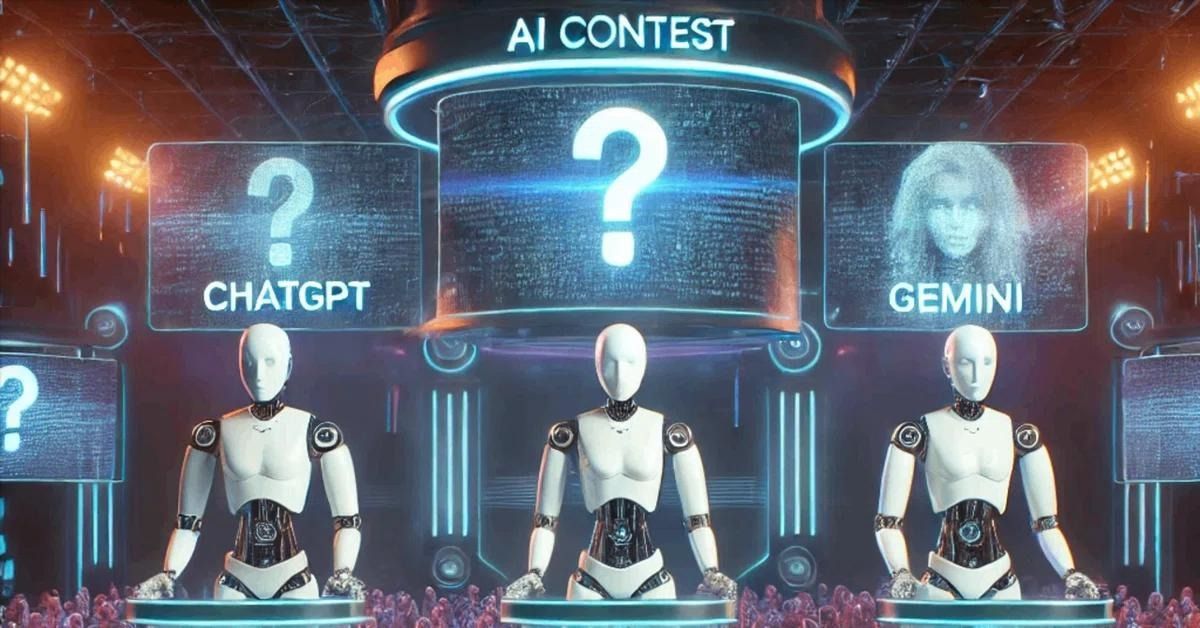

Claude vs ChatGPT vs Gemini: Which AI assistant is smartest? Let’s learn more about this topic below with Unicycle Hero. As artificial intelligence advances rapidly, these leading conversational AI models are at the forefront of innovation.
Artificial intelligence assistants have become increasingly sophisticated and capable in recent years, with models like OpenAI’s ChatGPT, Anthropic’s Claude, and Google’s Gemini pushing the boundaries of what’s possible. These AI chatbots can engage in human-like conversations, answer questions, and even assist with complex tasks across a wide range of domains. But which one is truly the smartest? In this in-depth comparison, we’ll examine the capabilities, strengths, and limitations of Claude, ChatGPT, and Gemini to determine which AI assistant comes out on top.
Before diving into the comparison, it’s important to understand the foundations of these AI assistants. ChatGPT, Claude, and Gemini are all large language models trained on vast amounts of text data from the internet and other sources. This training allows them to generate human-like text and engage in conversations on virtually any topic. However, there are some key differences in their underlying architectures and training approaches.
ChatGPT, developed by OpenAI, is based on the GPT (Generative Pre-trained Transformer) architecture. It uses a technique called unsupervised learning to predict the next word in a sequence, allowing it to generate coherent and contextually appropriate responses. The latest version, GPT-4, has significantly improved capabilities compared to its predecessors.
Claude, created by Anthropic, utilizes a novel AI training approach called constitutional AI. This method aims to instill specific values and behaviors into the AI model during training, potentially leading to more reliable and ethical outputs. Claude is designed to be helpful while adhering to certain principles and guidelines.
Gemini, Google’s latest AI model, is a multimodal AI system capable of understanding and generating text, images, audio, and video. It comes in different sizes and capabilities, with Gemini Ultra being the most advanced version. Gemini is trained on a diverse range of data types, potentially giving it an edge in certain areas.
When it comes to general knowledge and question-answering abilities, all three AI assistants perform impressively. They can provide information on a wide range of topics, from history and science to current events and pop culture. However, there are some notable differences in their strengths and specialized capabilities.
ChatGPT excels in creative writing tasks, such as generating stories, poems, and scripts. It also performs well in language translation and coding assistance. Many users find ChatGPT’s responses to be engaging and human-like, making it a popular choice for casual conversations and brainstorming sessions.
Claude stands out for its strong reasoning abilities and attention to detail. It often provides more nuanced and carefully considered responses, especially when dealing with complex or ethically sensitive topics. Claude is also known for its ability to analyze and summarize long pieces of text effectively.
Gemini’s multimodal capabilities give it an edge in tasks involving visual and audio elements. It can analyze images, understand diagrams, and even generate visual content. This makes Gemini particularly useful for tasks that require a combination of text and visual understanding, such as describing images or solving visual puzzles.
All three AI assistants demonstrate impressive language understanding and generation capabilities. They can comprehend complex queries, detect nuances in language, and produce coherent and contextually appropriate responses. However, there are some subtle differences in their performance.
ChatGPT often produces more fluent and natural-sounding responses, making it feel very conversational. It excels at adapting its tone and style to match the user’s input, which can be particularly useful for creative writing tasks or casual conversations.
Claude tends to provide more structured and carefully worded responses. It often includes additional context or clarifications, which can be helpful for users seeking more comprehensive answers. Claude’s responses sometimes feel more formal or academic in tone.
Gemini’s language capabilities are on par with the others, but its true strength lies in its ability to seamlessly integrate language understanding with visual and audio processing. This allows for more natural interactions when dealing with multimodal content.
When it comes to complex reasoning and problem-solving tasks, the AI assistants show different strengths. Claude often stands out in this area, demonstrating strong analytical skills and the ability to break down complex problems into manageable steps.
ChatGPT performs well in mathematical and logical reasoning tasks, but it may sometimes struggle with more nuanced or multi-step problems. However, its ability to generate multiple approaches to a problem can be valuable for brainstorming and creative problem-solving.
Gemini’s multimodal capabilities give it an advantage in problems that involve visual or spatial reasoning. It can analyze diagrams, charts, and images to solve problems that combine textual and visual elements.
Each AI assistant has unique strengths that make it particularly well-suited for certain tasks or use cases. Understanding these specialized capabilities can help users choose the most appropriate tool for their needs.
ChatGPT excels in creative tasks and language-related applications. It’s particularly useful for content creation, such as writing articles, stories, or marketing copy. ChatGPT also performs well in language translation and can assist with basic coding tasks, making it a versatile tool for writers, marketers, and developers.
Claude shines in tasks that require careful analysis, ethical considerations, and attention to detail. It’s well-suited for research assistance, summarizing complex documents, and providing balanced perspectives on controversial topics. Claude’s strong reasoning abilities make it valuable for academic and professional contexts.
Gemini’s multimodal capabilities open up a wide range of applications. It’s particularly useful for tasks that involve analyzing or generating visual content, such as describing images, creating diagrams, or assisting with design-related queries. Gemini’s ability to process multiple data types makes it a powerful tool for fields like data analysis and scientific research.
When evaluating AI assistants, it’s crucial to consider ethical implications and potential biases. All three models have measures in place to mitigate harmful or biased outputs, but their approaches differ slightly.
Claude, with its constitutional AI training, places a strong emphasis on ethical behavior and often provides more cautious or nuanced responses to sensitive topics. It’s designed to be more transparent about its limitations and uncertainties.
ChatGPT has implemented content filters and guidelines to reduce harmful outputs, but it may sometimes struggle with consistency in ethical decision-making. OpenAI continues to refine these safeguards with each update.
Gemini, being developed by Google, benefits from the company’s extensive experience in dealing with content moderation and ethical AI development. However, as a newer model, its long-term performance in this area is still being evaluated.
The ability to customize and integrate AI assistants into existing workflows can be a crucial factor for many users, especially in professional or business contexts. Each model offers different levels of customization and integration options.
ChatGPT is available through various APIs and can be integrated into a wide range of applications. OpenAI provides tools for fine-tuning the model on specific datasets, allowing for some level of customization.
Claude offers API access and can be integrated into applications, but the level of customization available is somewhat limited compared to ChatGPT. Anthropic focuses more on maintaining the model’s core principles and ethical behavior.
Gemini, being part of Google’s ecosystem, offers strong integration possibilities with other Google services and tools. However, the full extent of its customization options is still being explored as the model is relatively new to the market.
Determining which AI assistant is the “smartest” isn’t a straightforward task, as each model excels in different areas. The best choice depends on the specific use case, personal preferences, and the nature of the tasks at hand.
For creative writing, casual conversations, and general-purpose assistance, ChatGPT often provides the most engaging and versatile experience. Its natural language generation and adaptability make it a popular choice for a wide range of users.